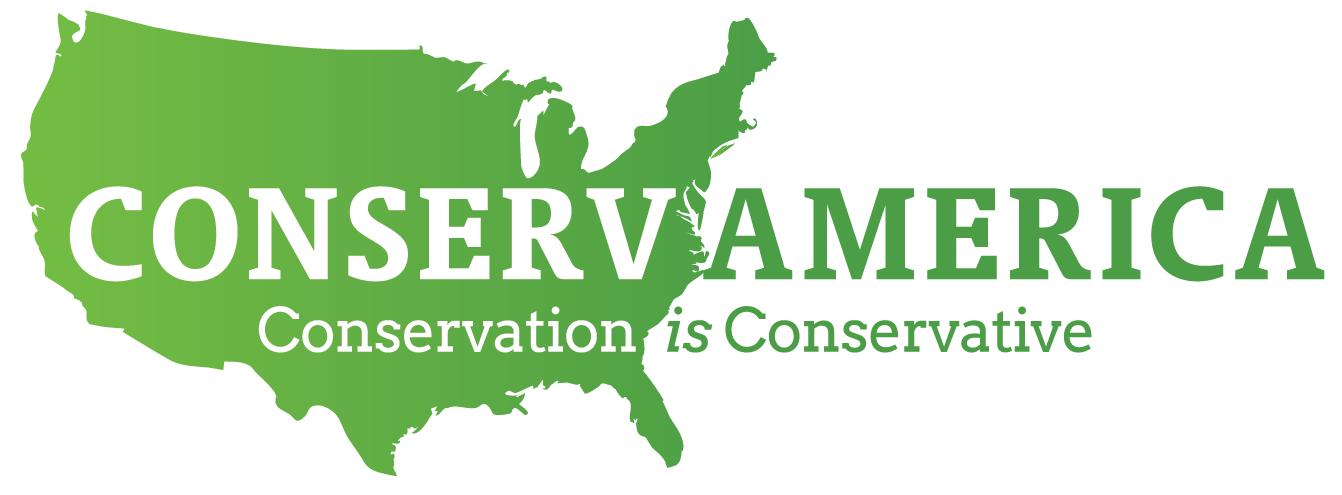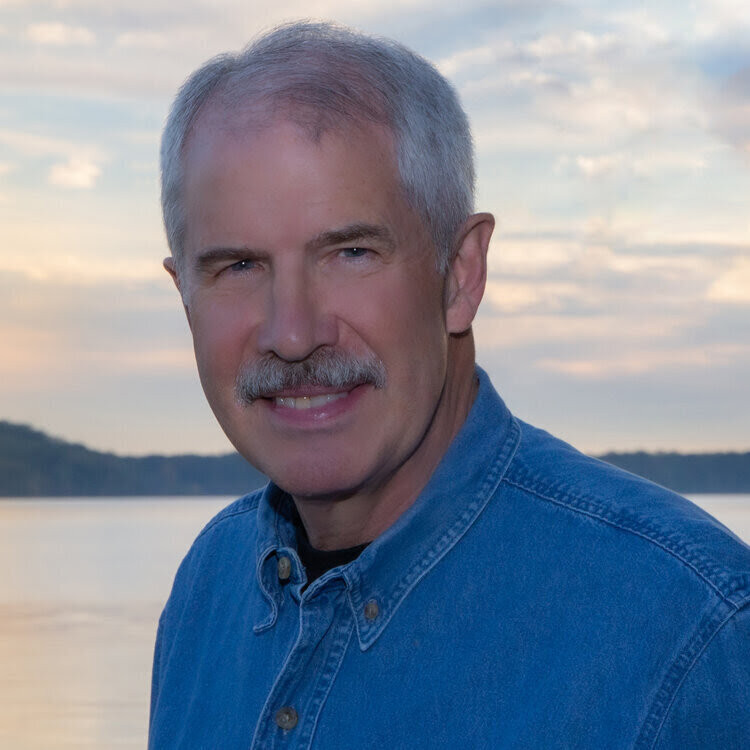Webinar: Federal Land Designations, Finding Balance
Federal Land Designations: Finding Balance
ConservAmerica hosted an online conversation Sept. 15 on federal land protection policy and the importance of striking a balance between protecting special places for future generations and respecting states' rights, private property, and individual freedom.
When land is placed in federal protective status, it can provide a wide range of benefits – from conservation to public recreation – but the people who have traditionally used that land can be caught in the middle.
There may be no better example of this type of unintended consequence than the remote Alaska fishing community of King Cove, population 996. When the federal government created the Izembek National Wildlife Refuge in Alaska 41 years ago, it cut off the traditional land route between the Aleut community of King Cove and a nearby all-weather airport that local residents relied upon in emergencies. The residents of King Cove have fought to restore road access to the all-weather airport ever since.
It’s not hard to understand why – more than a dozen people have died, either in plane crashes or because they couldn’t reach timely medical treatment during the coastal region’s frequent storms. Others have been forced to endure prolonged pain and suffering waiting on the U.S. Coast Guard to send in a rescue helicopter crew. In a community with no hospital or doctor, King Cove residents must fly 600 miles to Anchorage for even routine medical procedures.
The webinar looks at the community’s decades-long effort to negotiate a land exchange with the Interior Department and takes a broader look at federal land policies and how the designation process can be improved to protect land, wildlife and people.
Panelists:
Gary Hennigh, City Administrator of King Cove, Alaska
Todd Myers, Washington Policy Center
Hannah Downey, PERC
Nick Loris, CS Solutions
McKie Campbell, BlueWater Strategies
Robert Dillon, ConservAmerica
From left to right: Gary Hennigh, Todd Myers, Hannah Downey, Nick Loris and McKie Campbell.
Speakers:
Gary Hennigh has served as City Administrator for King Cove for 30 years and has been at the center of the small fishing community's efforts to regain land access to the nearby all-weather airport after the creation of the Izembek National Wildlife Refuge in 1980. Hennigh has called Alaska home now for more than 40 years, spending nearly all of that time working in remote coastal communities. He has an undergraduate degree in geography and a master’s degree in regional planning from Penn State University. He currently serves on the Board of Trustees for the AML/Joint Insurance Association and the Alaska Power Association. He is also past president of the Alaska Municipal Managers Association.
With nearly two decades in environmental policy, Todd Myers' experience includes work on a range of environmental issues, including spotted owl habitat, energy policy, old-growth forests and salmon recovery. Currently, he serves as a member of the Puget Sound Salmon Recovery Council and was a member of the executive team at the Washington State Department of Natural Resources. Myers is a nationally recognized expert in free-market environmental policy, including issues ranging from energy, climate, forestry and salmon-recovery. He has appeared before the Canadian Parliament, provided Congressional briefings, and worked with legislators from several states and provinces. Todd’s book, “Eco-Fads: How the rise of trendy environmentalism is harming the environment,” has received national praise. Myers’ writing has appeared in the Wall Street Journal, the BBC, National Review, Seattle Times, USA Today, and he has appeared on numerous news networks including CNBC, Fox News, and CNN.
Hannah Downey is the policy director at PERC, helping to engage PERC ideas in environmental policy decisions. Her work has appeared in the Wall Street Journal, The Hill, The Salt Lake Tribune, and local papers. After being introduced to PERC in college, she pursued the ideas of free market environmentalism and became a PERC research assistant. She graduated from Montana State University with degrees in economics and political science in 2015. Though she grew up in the Midwest, Hannah was lucky enough to spend her summers in Montana. Throughout college, she worked as a backpacking guide in the Absaroka-Beartooth Wilderness. Hannah now calls Bozeman home and fills her spare moments with skiing, mountain biking, fishing, and enjoying the wonderful outdoors.
Nick Loris writes about a wide range of energy and climate policies at C3 Solutions, a nonprofit dedicated to finding viable, market-based solutions to improve the environment, reduce emissions and better adapt to a changing climate. Before joining C3 Solutions, Loris served as the Deputy Director of the Thomas A. Roe Institute for Economic Policy Studies and Herbert and Joyce Morgan Fellow in Energy and Environmental Policy at The Heritage Foundation.
McKie Campbell has over 30 years of governmental and private sector energy and natural resource experience. Prior to joining BlueWater Strategies, Campbell was the Staff Director of the Senate Energy and Natural Resources Committee for U.S. Senator Lisa Murkowski of Alaska. Prior to moving to Washington D.C., Campbell served as Deputy Chief of Staff to Alaska Gov. Frank Murkowski and as Commissioner of the Alaska Department of Fish and Game, where he sat on the North Pacific Fishery Management Council and the EVOS Trustee Council. Campbell is also the author of two novels set in Alaska.





